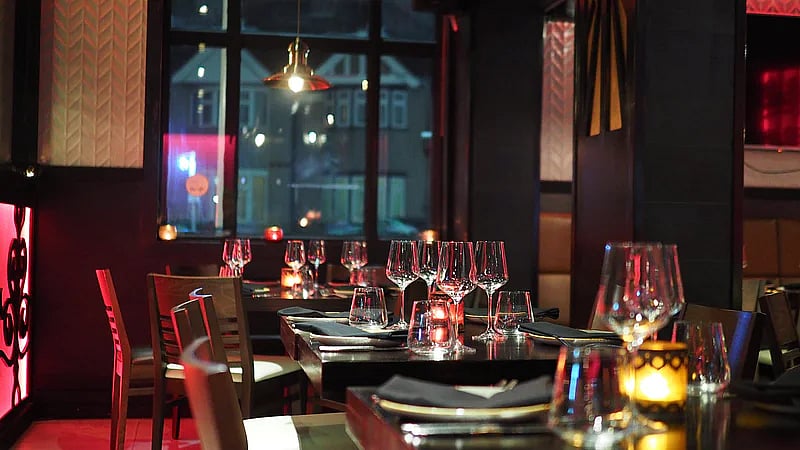In a major development in the world of hospitality and eateries, the Delhi High Court ruled that service charges and tips are voluntary. This means that these charges, which are often added to the final bill, are therefore not mandatory for consumers.
Cannot Force Tips
Consumers can pay these charges, depending upon their volition. This is binding on restaurants and hotels alike.

Delhi High Court | File Photo
The Delhi High Court held this decision after rejecting two petitions filed by industry bodies. The two industry bodies litigating the matter, whose petition was dismissed, were the Federation of Hotels and Restaurant Associations of India (FHRAI) and the National Restaurant Association of India (NRAI).
The bodies were challenging the Central Consumer Protection Authority (CCPA) guidelines. These guidelines prohibit hotels and restaurants from levying service charges “automatically or by default” on bills.
The ruling was delivered by Justice Prathiba M Singh. Justice Singh, while upholding the guidelines, dismissed the writ petitions.
In addition, the high court also ordered Rs 1 lakh each to be deposited with CCPA for utilization for consumer welfare.
In addition, the The Delhi High Court also asserted on the importance of the CCPA. The Court held that the CCPA is not an advisory body. The HC held that it has the discretion and, therefore, the power to issue guidelines. The body therefore has the duty prevent unfair trade practices and protect consumer interest.
NRAI On Delivery Companies
The National Restaurant Association of India (NRAI) previously made headlines when it raised concerns over the business practices of delivery giant Zomato and Swiggy.
The association particularly criticised the companies and their plans to do 10-minute food delivery via their new quick commerce platforms.
The industry then threatened the two delivery giants with legal action, a they claimed that this (10-minute delivery) would result in unfair competition and would eventually affect the market at large.
